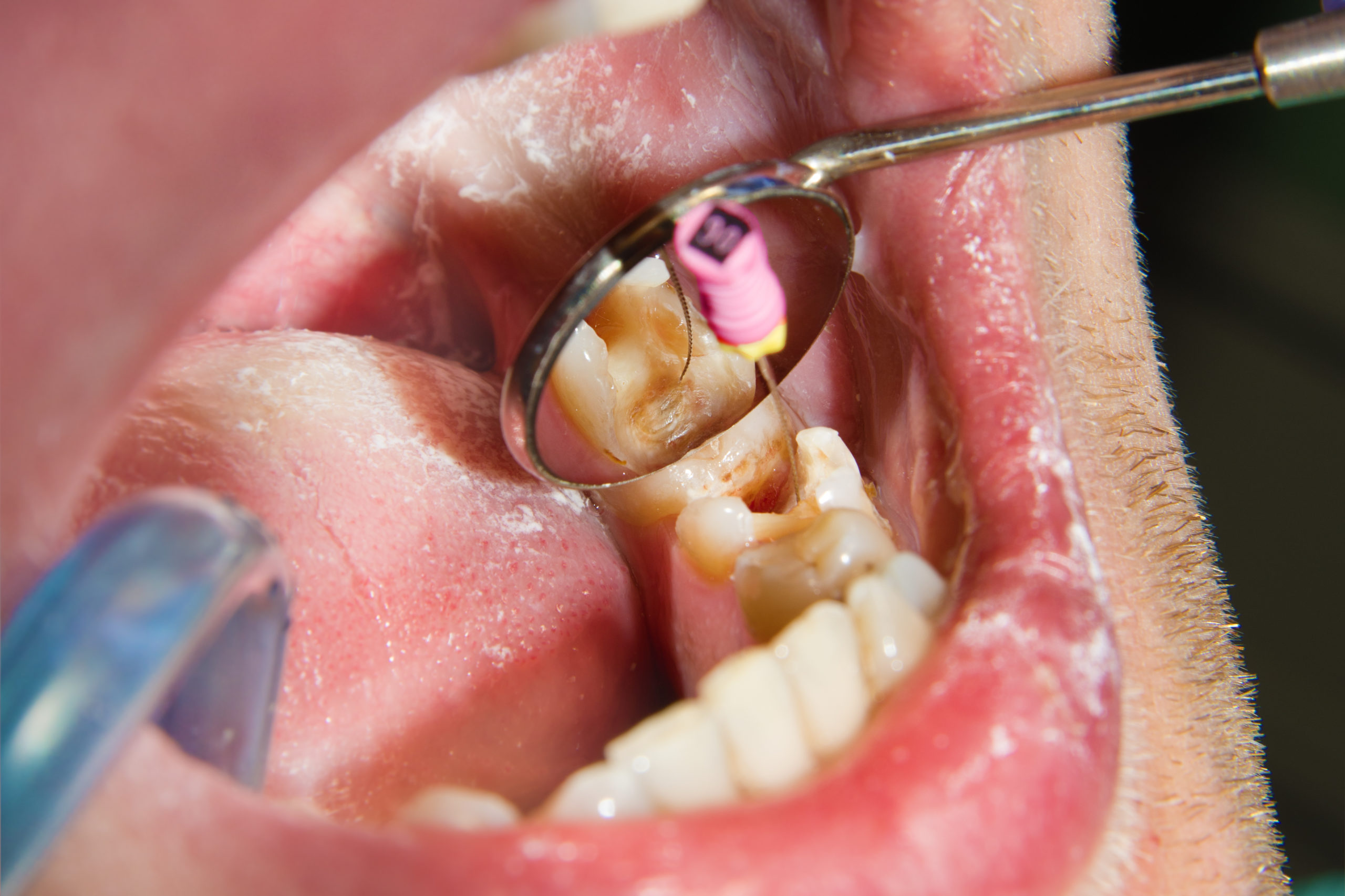Root canals have a reputation for being a dreaded dental procedure, but they’re remarkably effective at saving natural teeth. One of the most common questions patients have is, “How long will my root canal last?” The answer, like many things in health, isn’t a simple one. While a root canal is intended to be a permanent solution, its lifespan depends on a variety of factors.
Understanding Root Canal Longevity
So, how long can you expect a root canal to last? A general average is 10-15 years, but with excellent care and regular checkups, a root canal can last a lifetime. Several factors influence this longevity:
- Post-procedure care: This is arguably the most significant factor. Diligent brushing and flossing, along with regular dental checkups, are paramount to preventing re-infection and maximizing the life of your root canal. Think of it like maintaining a car – regular upkeep keeps it running smoothly for years. how long does a crown take will also impact post-procedure care so discuss that with your dentist.
- Restorative work: A crown acts like a protective helmet for a root canal-treated tooth, significantly increasing its lifespan. While a filling can also be used, a crown provides superior protection and durability, likely extending the life of the root canal to around 20 years or more. A filling alone may only last around 11 years, according to some studies.
- Individual factors: Your overall oral and general health, genetics, and even lifestyle habits (like smoking) can influence the long-term success of a root canal. Just as some people are more susceptible to certain illnesses, individual variations in oral health can affect how long a root canal lasts.
A large-scale study of nearly half a million root canals revealed that 86% last 10 years or longer, highlighting the procedure’s long-term effectiveness. However, neglecting post-procedure care can significantly reduce this timeframe.
Maximizing the Lifespan of Your Root Canal
While your dentist plays a crucial role in the initial success of the root canal, your actions afterward greatly influence its longevity. Here are some key steps you can take:
- Champion Oral Hygiene: Brushing twice daily with fluoride toothpaste and flossing at least once a day are non-negotiable. Consider incorporating an antimicrobial mouthwash to further reduce bacteria and maintain a healthy oral environment.
- Be Kind to Your Pearly Whites: Avoid chewing on hard foods like ice, hard candies, or popcorn kernels. These can fracture teeth, even those that have had root canals. Opt for softer foods when possible, especially on the side of your mouth with the treated tooth.
- Consider a Crown: Discuss with your dentist whether a crown is right for your situation. A crown provides robust protection, shielding the treated tooth from further decay and fractures, greatly enhancing its longevity.
- Regular Dental Visits: Don’t skip your checkups! Regular visits allow your dentist to monitor the health of your root canal, identify potential problems early, and intervene promptly if necessary. Early detection and treatment can significantly extend the life of your root canal.
When a Root Canal Needs Replacing
Even with the best care, a root canal might eventually need to be redone. Here are some signs to watch for:
- Pain: Recurring or new pain in the treated tooth or surrounding area.
- Swelling or Tenderness: Puffiness or discomfort in the gums near the tooth.
- Infection: Visible pus or a persistent bad taste in your mouth.
- Fracture: Cracks in the tooth, even if not readily visible.
- Loose Crown or Filling: The protective covering has become loose or dislodged.
If you experience any of these symptoms, contact your dentist immediately. Early intervention can prevent further complications and potentially save your tooth.
Root Canal vs. Extraction: Weighing Your Options
Sometimes, a tooth is too damaged to be saved, even with a root canal. In these cases, extraction might be the only viable option. Here’s a comparison to help you understand the key differences:
| Feature | Root Canal | Extraction |
|---|---|---|
| Preserves tooth | Yes | No |
| Cost | Higher initially | Lower initially, but replacement costs may be high |
| Time | Multiple appointments possible | Usually quicker |
| Long-term | Maintains natural bite, may need a crown later | Requires replacement with implant, bridge, or denture |
While extraction might seem like a simpler and cheaper option upfront, remember that replacing a missing tooth with an implant, bridge, or denture involves additional procedures and costs. A root canal, while more expensive initially, can be a cost-effective solution in the long run by preserving your natural tooth.
The Future of Root Canals
Ongoing research in endodontics continually strives to improve techniques and materials, aiming to make root canals even more effective and longer-lasting. Advancements in regenerative endodontics, for example, hold promise for revitalizing damaged pulp rather than simply removing it, potentially revolutionizing root canal treatment in the future.
Ultimately, the lifespan of your root canal is a collaborative effort between you and your dentist. By practicing diligent oral hygiene, attending regular checkups, and making informed decisions about your treatment, you can significantly increase the chances of your root canal lasting a lifetime.
- Stainless Steel Food Storage Containers Elevate Daily Meal Prep - February 24, 2026
- Stainless Steel Food Containers Offer Safe, Sustainable Meal Storage - February 23, 2026
- Meal Prep Lunchbox Makes Healthy Eating Easy and Convenient - February 22, 2026










